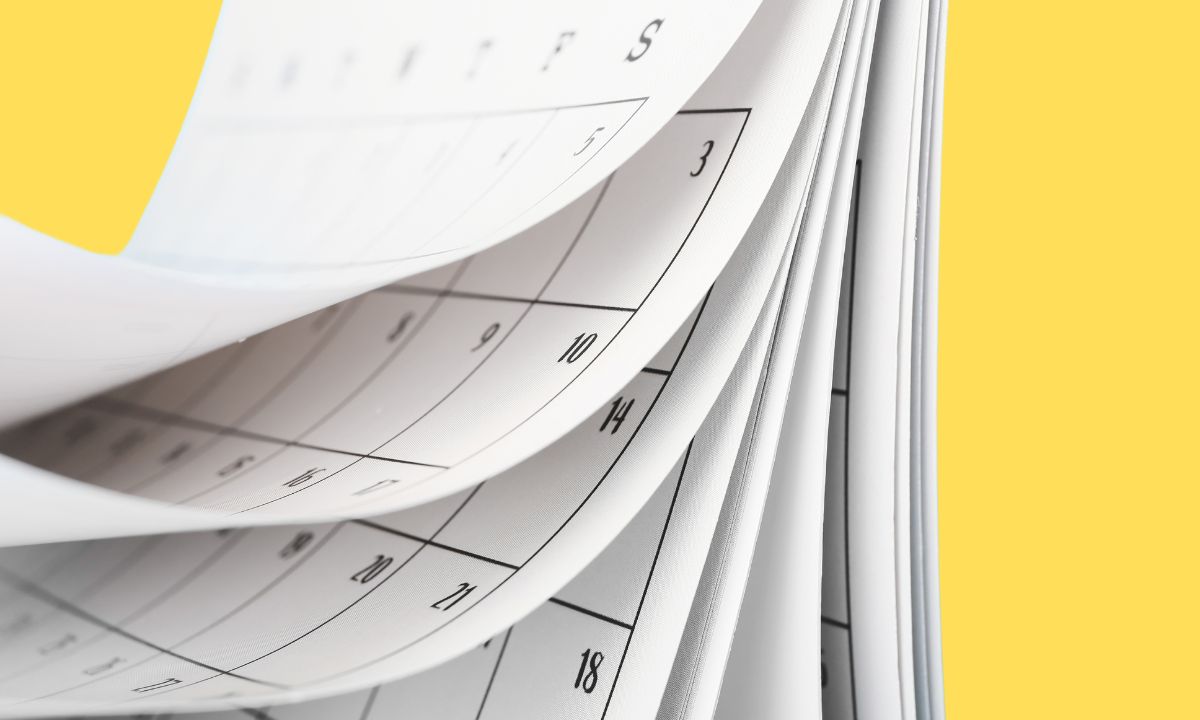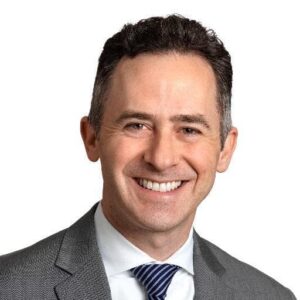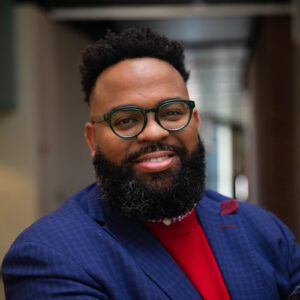Richmond Pilot Program Asks: What Happens If a School Year Is 200 Days, Not 180?
Kamras & Cooper: 90% of families and 70% of teachers opted in. At year's end, literacy and attendance were up — and now more schools are taking part.

Get stories like this delivered straight to your inbox. Sign up for The 74 Newsletter
In March 2020, Richmond Public Schools closed for two weeks to do some deep cleaning to stop the spread of COVID-19. We didn’t reopen until fall 2021, more than 500 days later.
While the closure undeniably helped keep students, families and staff physically safe, it also had a devastating impact on young people’s academic and social-emotional growth. For example, K-2 literacy rates dropped by nearly 25 percentage points.
The harm of this once-in-a-century pandemic required a once-in-a-century response. Simply returning to normal with the hope of a quick recovery was not going to work — and, frankly, would have been irresponsible.
We decided to do something very simple, but surprisingly revolutionary: make the school year longer. Last year, we piloted a 200-day school year, rather than the traditional 180 days, at two elementary schools: Fairfield Court and Cardinal. The program was entirely opt-in: More than 90% of families and 70% of teachers at both schools voted in favor of joining the pilot; all were all given the option of moving to a school with a traditional calendar. While we heard some concerns, of course, nearly all agreed that it was worth trying. Mixed in with the nerves, we even heard a lot of excitement. Parents, for instance, were glad to have four extra weeks of free, safe and structured learning time. Teachers were eager to keep their students on track and were excited about the extra pay: a 10% increase in salary and an automatic $10,000 bonus.
Students at these schools started classes in July 2023 and finished with the rest of the district in May. It was a financial investment, but more importantly, it was an investment of time – a resource that we hadn’t truly tapped before. The schools used that time to build relationships with families, dive into literacy instruction and enrich the curriculum with field trips and enrichment activities. Our family liaisons held pop-up events, sent text messages and went door to door to speak with parents and caregivers, stressing the importance of daily attendance and offering solutions, such as door-to-door transportation, when there were barriers to regular attendance. Local businesses, nonprofits and donors also stepped up to provide students with everything from school supplies and meals to washer-dryers and haircuts at school. By the time the traditional school calendar began in late August, the 200-day schools were rocking and rolling — and the momentum didn’t stop.
These two schools had remarkable results. Fairfield Court Elementary’s early-literacy proficiency rates jumped from 61% to 82% in just one year. It now has the seventh-highest early literacy scores out of 26 elementary schools in the district, despite having the highest percentage of economically disadvantaged students (97%). Cardinal Elementary, where over 80% of students are recent immigrants, also saw gains, going from 53% to 58% proficient. To top it all off, despite the longer year, attendance at these schools actually improved.
Given these results, our district board and administration decided to expand the pilot to two more schools: Woodville Elementary, which is just down the road from Fairfield, and Oak Grove-Bellemeade Elementary, whose zone borders Cardinal’s. A majority of families and staff at both schools voted to participate in the pilot, and Bloomberg Philanthropies signed on to fund the expansion. On July 22, students at all four schools — nearly 2,000 (8%) of the district’s total enrollment — headed back to school for the 2024-25 year.
The impetus for RPS200 was the pandemic, but the need for it goes much deeper. For decades, if not centuries, Virginia has created systemic barriers to education, particularly for Black students. In the early part of the 19th century, the General Assembly – which we can see from our office windows – made it illegal for enslaved and free Africans to gather to learn to read or write, “either in the day or night, under whatsoever pretext.” In 1959, Prince Edward County shuttered its entire school system for five years rather than integrate its classrooms. And over the last 50 years, the district itself has seen constant disinvestment as white Richmonders left the city and its public schools.
The inequities are further compounded by Virginia’s antiquated school funding formula, which disadvantages areas like Richmond that have high levels of concentrated poverty. The General Assembly’s own bipartisan research arm recently said the state is underfunding K-12 schools by about $3 billion.
Students deserve more than the legacy of inequity; they deserve a future of opportunity and excellence. That’s why the 200-day calendar is not just an investment of time, but an opportunity. It’s designed to help Richmond’s students rebound from the devastating COVID-19 pandemic — but it’s also about honoring those who have fought for the right to learn.
At Richmond Public Schools, our motto is to “Teach, Lead and Serve With Love.” We can’t think of any better way to show our young people how much we love them than by giving them a leg up in their education. RPS200 is helping us do exactly that.
Get stories like these delivered straight to your inbox. Sign up for The 74 Newsletter

;)

